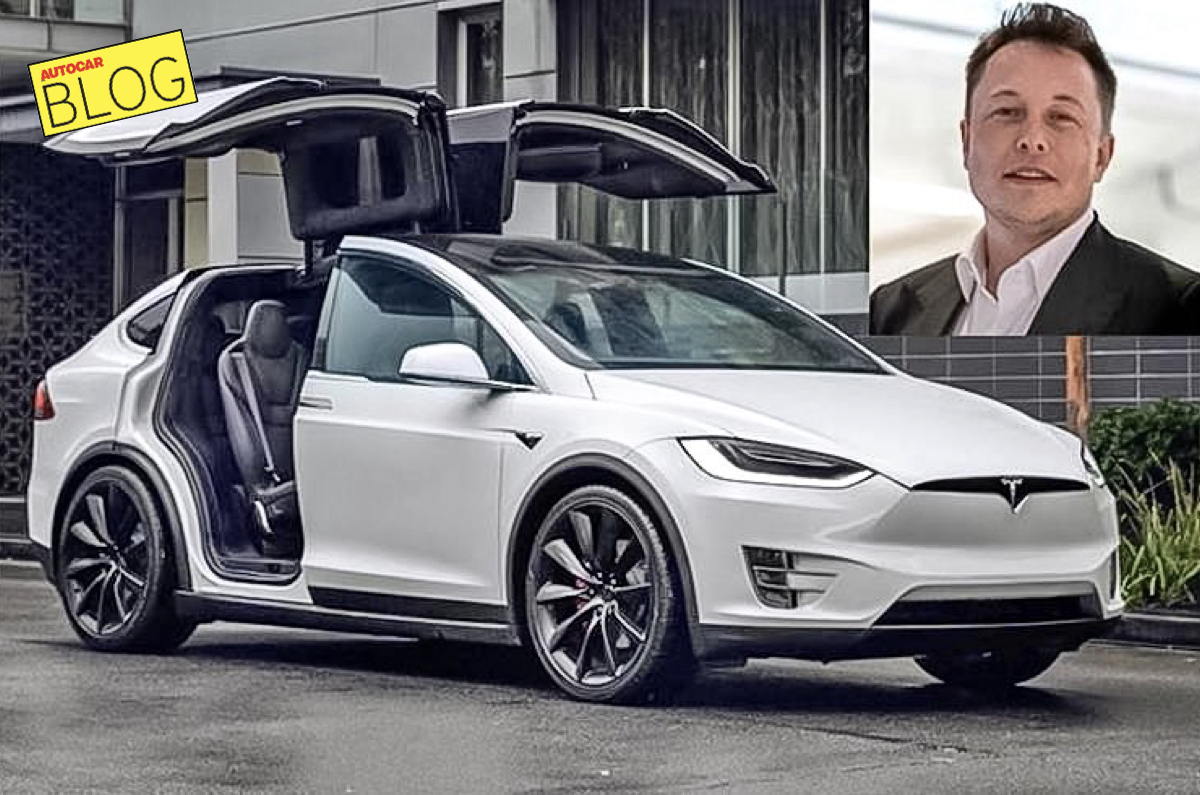
The Government of India has finally announced the much-awaited new electric vehicle policy. The scheme, which was known in industry circles as the ‘Tesla policy’ is, in all fairness, a very well-balanced one, and one that may put India on the global EV manufacturing map yet again.
This move may facilitate the likes of Tesla and VinFast to seed their brands in a highly competitive market, and is also expected to invite billions of dollars of global FDI into the EV manufacturing space in the coming decade, which will be executed with a strong local auto parts ecosystem. What's more, it is not only the new players who can avail of benefits from this policy, but the scheme is also open to existing players , those who plan to invest in EVs, thereby ensuring a level playing field.
The development is likely to incentivise the likes of Foxconn and MG Motor (through JSW), besides Tesla and VinFast, to bring in global models quickly into the Indian market, at an attractive price. It could even evince the interest of mainstream players like Ford and Volkswagen to invest in the Indian electric vehicle market – which has been on their radar.
In India, global vehicle makers see an economy that is poised to be the fastest growing among large economies, with a growing per capita and large consumer base with sub-optimal car penetration. Add to that its low manufacturing cost base, matured automotive component ecosystem, and now, favourable manufacturing policies – the country has all the right ingredients to be a competitive manufacturing base to cater to global markets.
To be sure, almost every multinational company is likely to use India as an export base for EVs. With an EV penetration of just 15-20 percent expected by the end of the decade, it will be large export volumes that will drive the viability of local EV manufacturing.
Market leader Maruti Suzuki has announced, even before launching its first EV, the eVX SUV, in India, it will be exporting its made-in-India EVs to Europe and Japan. Suzuki’s rival Honda Cars India too is developing the Asian Compact Electric Vehicle platform that will serve global markets. The likes of Hyundai, Kia, Toyota, Stellantis, and Volkswagen, all have EVs on their radar, which are being planned to be shipped to global markets.
A level playing field
The scheme that lowers import tax, which was earlier opposed by multiple domestic vehicle manufacturers, appears to be fair, given the higher price threshold of USD 35,000 or Rs 30 lakh, and the quantum of vehicles being capped at 8,000 vehicles per annum. With the likes of Tata Motors and Mahindra & Mahindra – the early movers in the EV space – already being shortlisted to gain from the Government of India’s production-linked incentive scheme – a 13-18 percent benefit will allow the homegrown carmakers to aggressively offer close to half a dozen alternatives between them within the next three years.
The move is set to galvanise the Indian electric vehicle ecosystem and spoil consumers with the best of both worlds. They will not only get to choose a zero-emission personal mobility vehicle from the likes of Tesla and VinFast in the Indian market – that too at attractive prices – but also compel legacy players like Tata, Mahindra, Maruti, and Hyundai to offer a competitive model with a highly localised solution.
Also see:
Nissan, Honda join hands for EV development
MG trademarks Excelor EV nameplate in India
Stellantis may bring Leapmotor EVs to India in 2025



